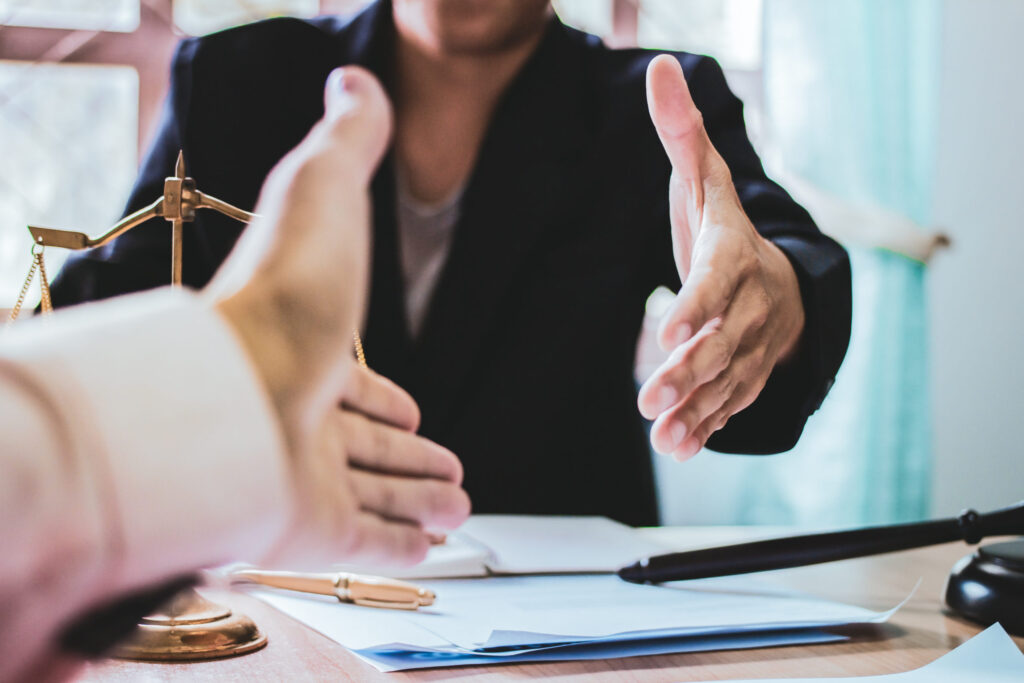Whether you’re looking to hire a bus accident lawyer or a boat accident lawyer, there are questions you should know to ask when deciding on the best lawyer to help with your case. It is common to feel overwhelmed choosing an attorney when so many are available. To increase the chances of a favorable outcome for your case, it is in your best interest to take advantage of the consultation to learn if the lawyer you’re considering is the right fit.
The following details include key questions often asked during a consultation that can make a difference in the decision-making process.
What is Your Experience Handling Cases Like Mine?
Many personal injury and accident lawyers have experience representing litigants in cases of different categories. An attorney of this level may have experience working cases where injuries resulted from assault and battery, slip and fall, medical malpractice, dog bites, or car accidents. If you were in an accident involving a bus, you want a bus accident lawyer with experience handling such cases. When considering the attorney’s experience, you want to understand how they are familiar with legalities related to your situation including other experts that can assist with your case.
What Do You See as Strengths and Weaknesses in My Case?
While this can give insight into how your case could be handled, the attorney may not be able to give a precise answer, including if you want to know how much your claim is worth. It’s difficult to predict what will happen during the process and how a claim will end. You can ask about the positives and negatives of your situation to help paint a picture of what to expect. It also gives the attorney an idea of what challenges you could face and what may be in your favor. Many attorneys will accept cases where they feel significant compensation can be recovered.
Will Other People Work with You on My Case?
Many attorneys working in accident cases may have other staff assisting them. Some cases involve a lot of work, especially during the discovery process. It depends on the attorney and law firm you choose. Other people may include a legal secretary or paralegal that provides additional assistance when handling paperwork such as legal documents. If working with a senior attorney, they may provide oversight for a junior attorney who may handle various aspects of your case. Some people may not realize an attorney can have other people designated to do certain tasks when handling cases because it minimizes legal fees. Some may not be comfortable with this, but it is common practice.
How Are Legal Fees Paid?
One of the most common questions asked during an initial consultation with a lawyer is how attorney fees are paid. Many legal representatives use a contingency fee agreement that says the attorney gets paid when a settlement is reached. The attorney gets a specific percentage of the settlement as their fee. There are other aspects of legal fees to consider such as court filing fees, administrative fees, and fees for gathering information and expert witnesses.
Who pays the fees if you lose your case? How it gets paid will depend on the agreement set by you and your attorney. Sometimes negotiating a lower contingency fee can make repayment easier if you’re stuck with a bill. To avoid this, try working with an attorney that can cover the fees if you lose.
Additional Tips to Help Prepare for the Initial Consultation
Whether you’re seeking a car or boat accident lawyer, it helps to prepare in advance before meeting with the attorney. Some attorneys provide an initial consultation for free so they can learn about your situation. Take advantage of this by having a list of questions prepared before the consultation so you can make the most of your time. Leave space under each question so you can write notes and answers as you discuss them with the attorney for future reference.
Mention anything to the attorney that could be significant to your case. The attorney is required to keep your information confidential, but if you hire them, it may be useful for building your case. Keep all essential documents together and have them ready to present in case the attorney asks. You may not have legal documents filed yet, but other information such as text messages, medical records, emails, photos, and other paperwork or notes you think are relevant should be collected and reviewed. Make copies if you plan to share any documents with the attorney and present them with the copies for review.



